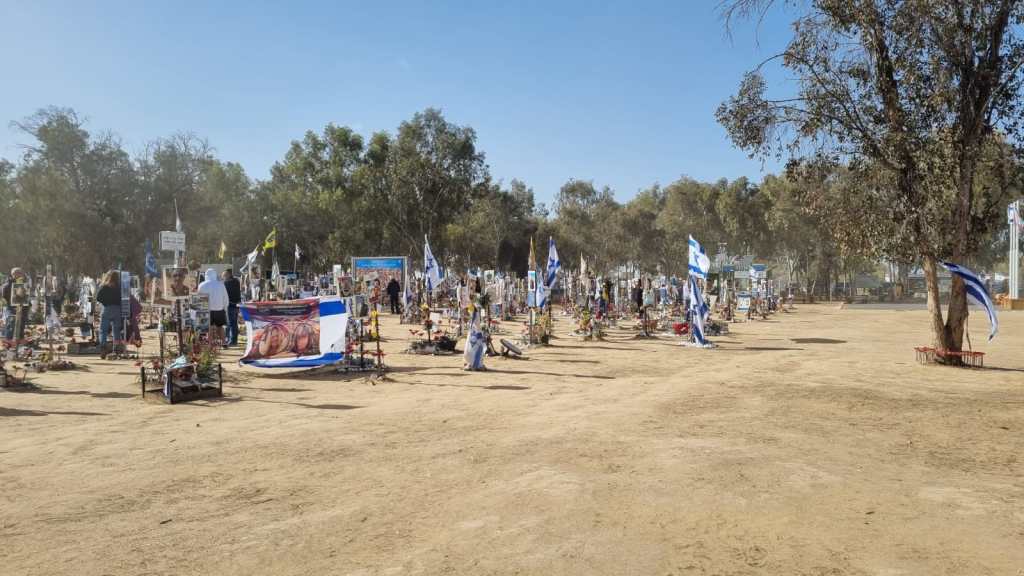It’s been a while since I posted here. No, it wasn’t because I didn’t have anything to say… There was simply too much going on.
As some of you may know, Israel has been wrestling with one crisis after another. To me, the “downward spiral” started on January 4th, 2023. On that date, the newly appointed Minister of Justice, Mr. Yariv Levin, made a speech in which he declared his plans to “reform” the Israeli judicial system. For those of us who support the independence of the Judicial branch, and it’s critical role in providing oversight to the Executive branch (i.e. the government), Mr. Levin’s plans amounted to a radical change to the current regime, and the establishment of an autocracy. Over 500,000 people took to the streets every Saturday, protesting the proposed unilateral change by the ruling coalition.
The heads of the Israeli Defense Forces (IDF), and the the Israeli Security Agency (Shabak) warned Prime Minister Benjamin Netanyahu (aka Bibi) that the attempt to change the governing system and the massive protests against it are perceived as a major fracture within the Israeli society. The heads of the security establishment alerted Netanyahu that this may prompt a surprise attack on Israel. Their warnings have been ignored, and the race to implement the proposed regime change went on!
Then came October 7th, 2023. That Saturday was a Jewish holiday – Simchat Torah. Many soldiers were given the day off to celebrate with their families. Others were assigned to the West Bank, to provide protection for celebrations held by Jewish settlers. As a result, defense posts surrounding the Gaza strip were lightly staffed. The IDF relied on two assumption that were proven deadly wrong: a) the Hamas has been deterred by prior military actions b) the barrier erected around Gaza would repel any attack.
The lull in Israel defense served as a perfect opportunity for Hamas, who launched a concerted attack, breeching the barrier surrounding Gaza in over 100 points simultaneously. Thousand of Hamas militants stormed into Israel, overtaking lightly staffed military posts and proceeding to invade close by Israeli villages and towns. The result was the largest disaster that befell Israel since its founding in 1948. Over 1200 Israelis were brutally massacred, and 251 Israelis were taken hostages into Gaza. As I write this, there are still 98 hostages kept by Hamas in Gaza.

Among the victims were 364 young people who attended the Nova music festival nearby. They came to celebrate music and dance, yet were brutally murdered. The memorial erected at the festival site has hundreds of posts – each representing a young man or a woman who faced an untimely, horrible death. Those who tried to escape in their cars, were shot on their way to safety, and their cars were torched.
I recently went on a tour to the areas surrounding the Gaza strip. Hearing the stories told by survivors, and seeing some of the locations hit by Hamas sent chills down my spine. I heard many stories from my parents who lived through the Holocaust, but never imagined I will witness similar atrocities here in Israel.
I write this post in January 2025 – almost two years since the current government took office. The so called “Judicial Reform” that started this crazy downward spiral has not been laid to rest. As a matter of fact, just a few days ago Mr. Levin came up with a “renewed proposal” aimed at achieving similar goals to what he attempted to achieve two years ago. As if the protests, the deaths and the hostages have all been in vain.
P.S.
I was surprised to read my previous post that discussed the “next round of violence” between Israel and Hamas.

